Reviews
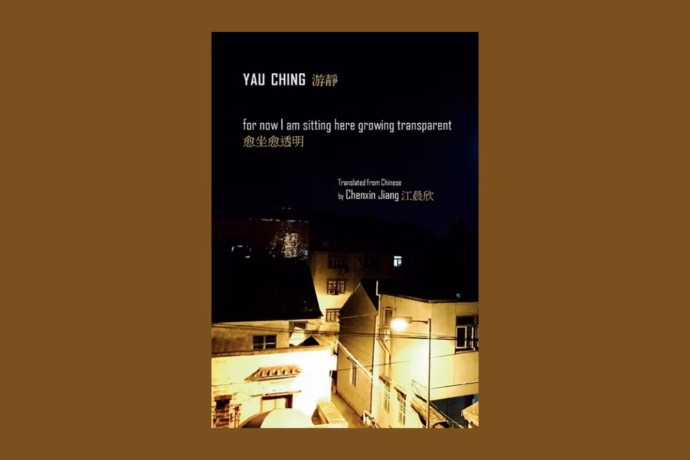
Queer Ecology in Translation: Tim Tim Cheng reviews ‘for now I am sitting here growing transparent’ by Yau Ching, translated by Chenxin Jiang
Tim Tim Cheng explores a world where endings and beginnings are inseparable in Yau Ching’s for now I am sitting here growing transparent (Zephyr Press, 2025). Bilingual books curate a space of generosity. Placing work in the source language and target language side by side invites cross-cultural exchange. While monolingual readers must navigate unfamiliar sightlines,…
Read More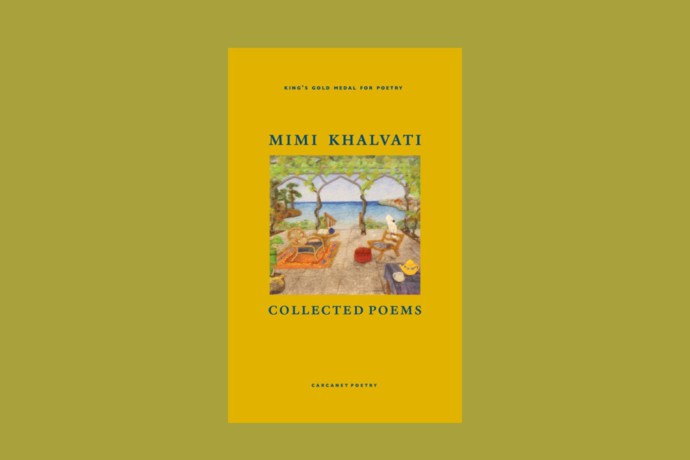
‘On the cusp of daydream’; Roshni Gallagher reviews ‘Collected Poems’ by Mimi Khalvati
Roshni Gallagher Explores Light, Love, Language and the Self in Collected Poems by Mimi Khalvati. Mimi Khalvati is a poet of light, love, absence, and the many facets of self. Her various collections span from In White Ink, published by Carcanet in 1991, to her 2019 collection Afterwardness. The publication of this Collected Poems comes…
Read More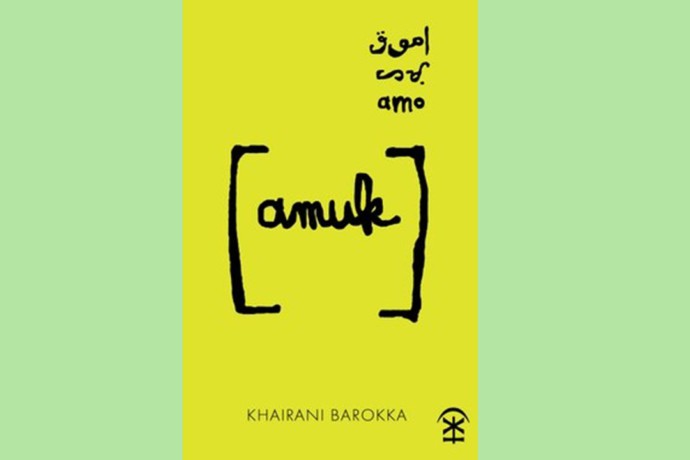
Swallowed Tongues, Quietening Forests
Roshni Gallagher Explores Language, Meaning, Mistranslation and Environmental Crisis in Khairani Barokka’s ‘amuk’.
Read More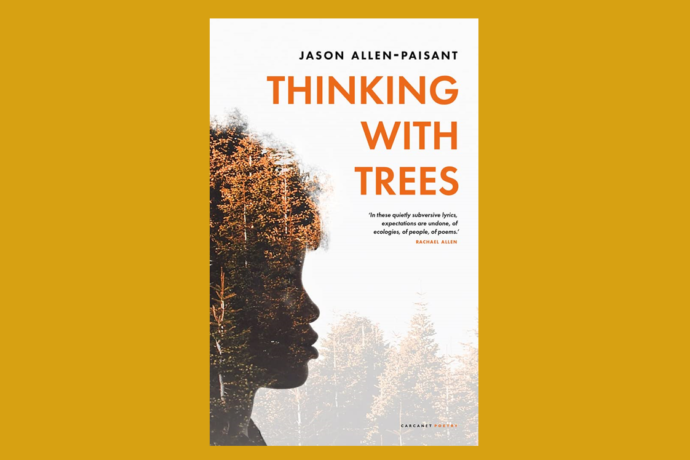
Fruitful Connections Between Race and Ecology; Jade Cuttle reviews ‘Thinking with Trees’ by Jason Allen-Paisant
Jade Cuttle reviews Jason Allen-Paisant’s collection ‘Thinking with Trees’.
Read More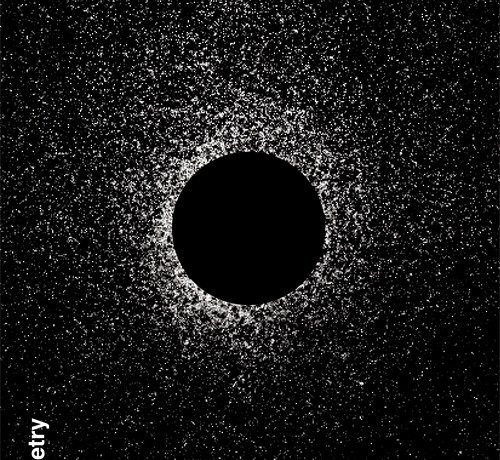
Ben, is that you? Sim Pereira-Madder reviews ‘The Lights’ by Ben Lerner
Finding Ben Lerner in his finest collection yet
Read More
Poems from Gaza; Zeina Azzam reviews ‘Things You May Find Hidden in My Ear’ by Mosab Abu Toha
To read poetry from and about Gaza in these times is an act of solidarity, or perhaps even one of resistance. After all, a genocide* has been unfolding in the enclave by the Mediterranean Sea and the world has been unable – or unwilling – to do anything about it. Poetry is indeed political; it…
Read More
Review Essay – Half Other by Peter Wallis
Nicola Healey reads the new poetry collection by Peter Wallis: Half Other, ‘a reminder of the significance of lateral relations in our lives’ whole’. ‘I was not born alone’: Twinhood and Illness Peter Wallis’s first full collection, Half Other, takes inspiration from his life as a twin, focusing on the lengthy ill health and hospital…
Read More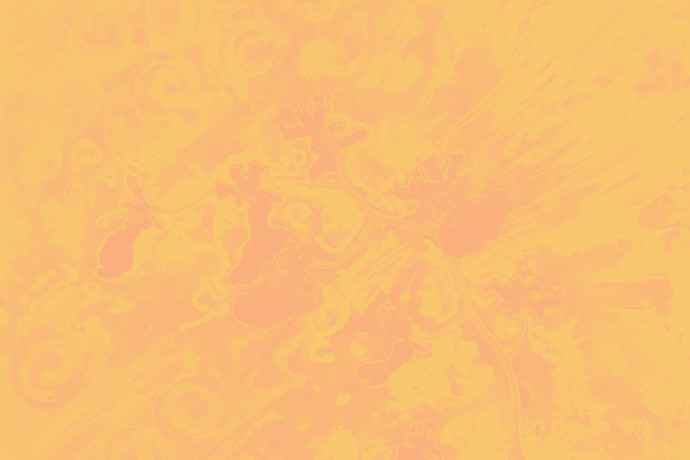
Identity Poetics: A Century of Englishness
Christopher Madden reads the latest anthology edited by John Greening and Kevin Gardner, and the new poetry collection by Aaron Kent. Contraflow: Lines of Englishness 1922-2022, Ed. John Greening & Kevin Gardner Every anthology poses two fundamental questions: ‘Why this?’, and ‘Why now?’ For John Greening and Kevin Gardner, the editors of Contraflow: Lines of…
Read More
Review: Standing in the Forest of Being Alive by Katie Farris
Stephanie Sy-Quia reads the new poetry collection by Katie Farris and discovers a message of hope and perseverance. Katie Farris’s second collection revolves around treatment for breast cancer, with the mastectomy as the great before and after – a dividing line along which most of the collection falls. Other moments of magnitude are the Capitol…
Read More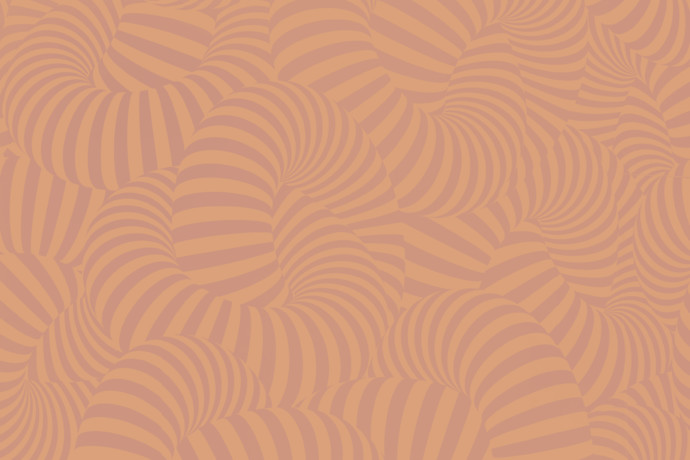
Review Round-up: The Body of Language
Shalini Sengupta reads three new poetry collections by Alycia Pirmohamed, Jay Gao, and Safiya Kamaria Kinshasa. On Another Way to Split Water by Alycia Pirmohamed 1. How do the words get to the page? 2. What attracts them? 3. What did you burn? 4. What did you give to the river? These lines from Bhanu…
Read More
Review Roundup – Inspector Inspector by Jee Leong Koh, Faust by Sandeep Parmar, O by Zeina Hashem Beck
Departing significantly from his earlier collection Steep Tea, Jee Leong Koh’s latest work, Inspector Inspector, is an elegiac, yet witty and bold exploration of history, exile and Asian queer identities. Through various forms and narrative, the reader is invited into a variety of spaces: the personal or the intimate, queer spaces of the lover; the…
Read More
Review – Heritage Aesthetics by Anthony Anaxagorou
Our New Damage What are the contours of heritage when it ruptures through colonialism and diaspora? This dense, multifaceted question is the organising principle of Anthony Anaxagorou’s new collection of poetry, Heritage Aesthetics – primarily concerned with the underexamined intersections of British-Cypriot identity, colonial history, and masculinity. Geography and cartography yield structural anxieties: littoral Cypriot…
Read More
Review – From From by Monica Youn
Atom by Atom… From From, Monica Youn’s fourth book of poems, is a striking departure from her first three books. Instead of addressing race obliquely and occasionally, From From confronts it full-on, from beginning to end. Interviewed in Bomb magazine, Youn explained, ‘I always felt I had permission to talk about race, but I wanted…
Read More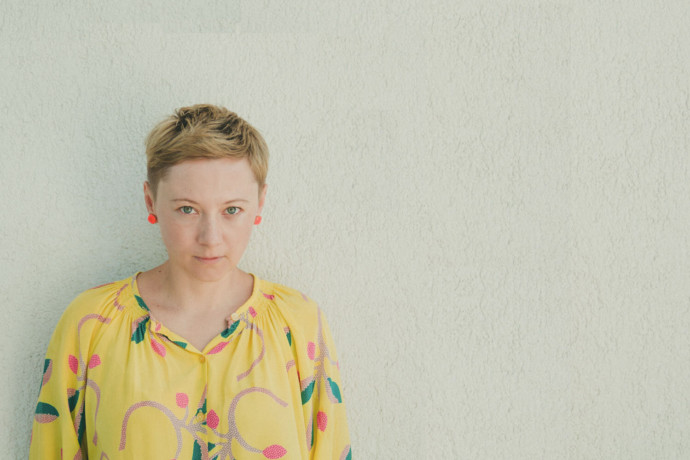
Review – Music for the Dead and Resurrected by Valzhyna Mort
Music for the Dead and Resurrected, which won the International Griffin Prize for Poetry in 2021, is Mort’s third collection. The poems rove and hover over an icy, war-ravaged, politically-damaged Minsk (or ‘the hero-city of Minsk’ as the speaker in ‘Self-Portrait with the Palace of the Republic’ was forced to refer to it as in…
Read More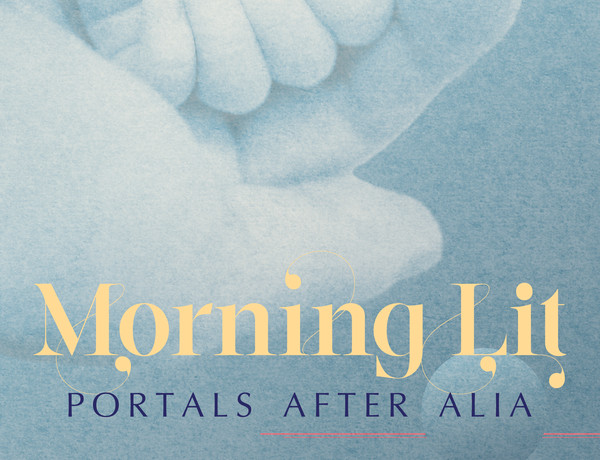
Review – Morning Lit: Portals After Alia by Omar Sabbagh
Omar Sabbagh’s Morning Lit: Portals After Alia offers us an extended meditation on early fatherhood, exploring what the poet describes as the ‘transformative distance’ travelled across the ‘entries’ of a relationship with his newborn daughter. Often lyrical, the poems here are also often very down-to-earth, giving us the reality of the early months of fatherhood…
Read More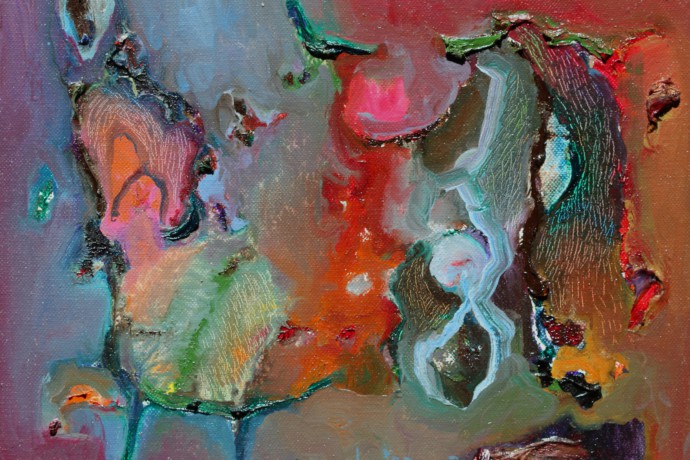
Review – Wilder by Jemma Borg
Searching for Wild Connections ‘Poems are records of true risks […] taken by the soul of the speaker,’ writes Jorie Graham[1], but what if a poem speaks with a voice that is not always human, plant or animal, but something broader and wider in scope. How do we recognise that soul? What are the connections…
Read More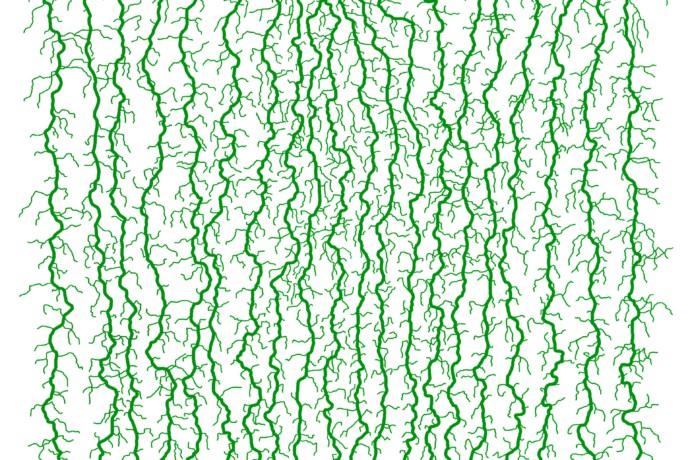
Review – As She Appears by Shelley Wong, Garden Physic by Sylvia Legris
Shelley Wong’s debut, As She Appears, is a deeply self-aware, courageous, and lyrical collection that weaves together history, humour, and ecological metaphor to explore Wong’s experiences as a queer fourth-generation Chinese American. The tone is conversational but not plain, and the collection’s strength lies not in any attempt on Wong’s part to deploy complex forms…
Read More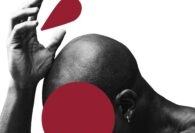
Review – Manorism by Yomi Ṣode and Refractive Africa by Will Alexander
Dazzling Refractions of Light and Dark Art historian Andrew Graham-Dixon writes in his biography of Caravaggio: ‘He had always been an outsider, a troublemaker, a difficult and dangerous man. Yet his art was so compelling, so original, so unforgettable, that people were simply transfixed by it… The fact that he was obliged to invent himself…
Read More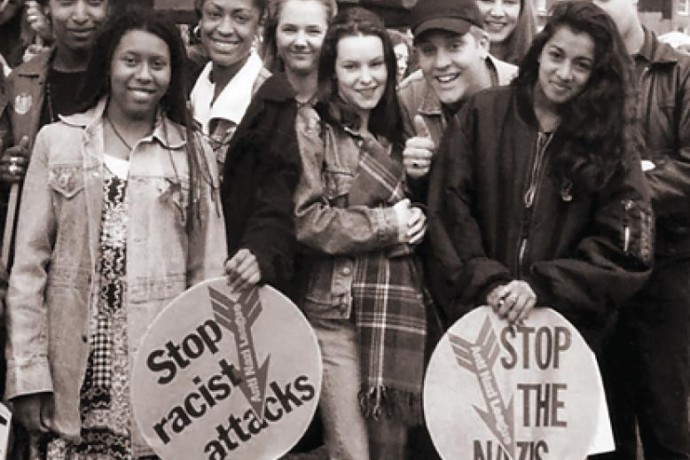
Review – The Kids by Hannah Lowe
One of the hardest things for boys to learn is that a teacher is human. One of the hardest things for a teacher to learn is not to try and tell them. …
Read More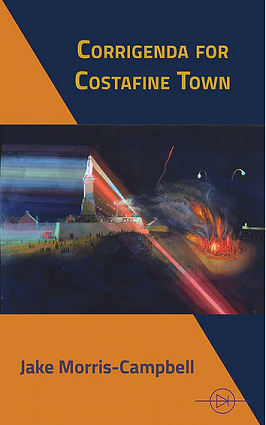
Review – Corrigenda for Costafine Town by Jake Morris-Campbell and Working Out by David Hughes
Writing in the Preface to Lyrical Ballads in 1800, Wordsworth famously advocated poetry written in ‘the real language of men’. A couple of centuries and more on, with all of our debates about the relationship between page and stage, all of our continued discussions about poetic register, all of the critical sniffiness there can sometimes…
Read More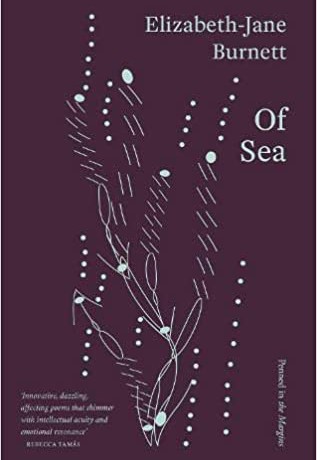
Review – Of Sea by Elizabeth-Jane Burnett, and Thinking With Trees by Jason Allen-Paisant
What is the language of the invertebrate? What form might the invertebrate provide the poet? Elizabeth-Jane Burnett’s Of Sea traces the light shed by bodies alternatively-structured: A ‘Prickly Cockle’ ‘start[s] light’, the coat of an aphid ‘dusts light’ in ‘Lupin Aphid’, a ‘Murky-legged Legionnaire Fly’ provides a ‘blurt of sun’. A note at the start…
Read More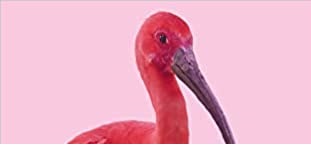
Review – Like a Tree, Walking by Vahni Capildeo
Vahni Capildeo is an astonishingly prolific and inventive poet, and Like a Tree, Walking, showcases the full range of their imagination. The collection begins with a poem ‘In Praise of Birds’, which captures the spirit of the work as a whole: In praise of high-contrast birds, purple bougainvillea thicketing the golden oriole. In praise of…
Read More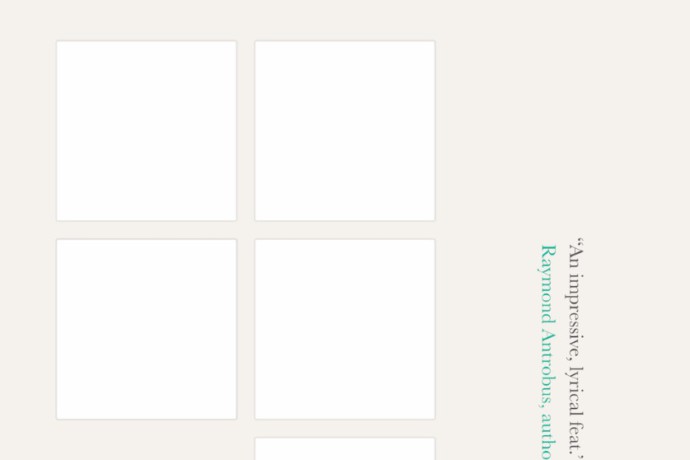
Review – The Voice of Sheila Chandra by Kazim Ali
Kazim Ali’s body of work revitalises how we, as readers, perceive history, narrative, and the lyric. His innovations are captivating, encompassing multiple genres, and swiftly entwining poetry and prose, dramatisation and autobiography. I was especially struck by this a few years ago, when first reading Bright Felon: Autobiography and Cities (2012), an earlier collection that challenges any particular notion or expectation of genre; a collection…
Read More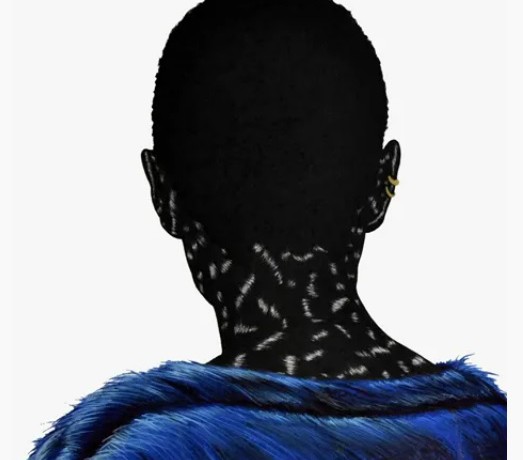
Review – Brilliant Corners by Nuzhat Bukhari, A Blood Condition by Kayo Chingonyi
How do we reconcile conflicting inheritances? Many poets of colour find themselves caught between two roads: the English lyric, whose focus on internal feeling can imply a disavowal of history, and the real histories from which today’s poets arise; histories bent by the home of the English lyric. The lyric and its most apparently ahistorical…
Read More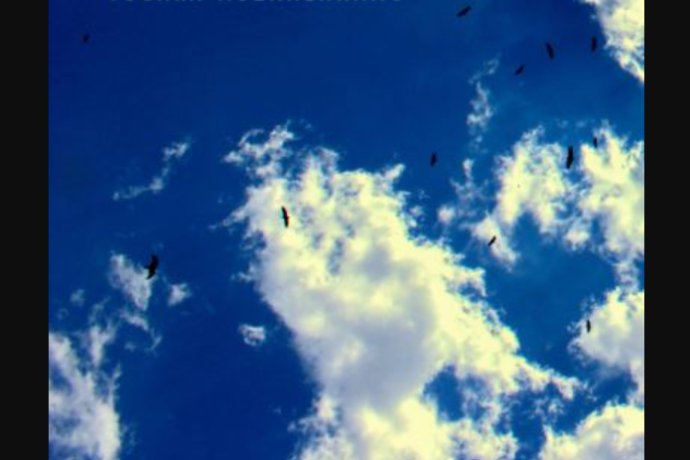
Review – Virga by Togara Muzanenhamo
Togara Muzanenhamo’s third collection of poetry, Virga, derives its name from a phenomenon in which precipitation falls from a cloud but evaporates before it reaches the ground. Accordingly, the poems in the collection have a replete and ephemeral quality, depicting fragile terrains of abundant beauty, and the crowning feats of destinies that fluctuate like The…
Read More